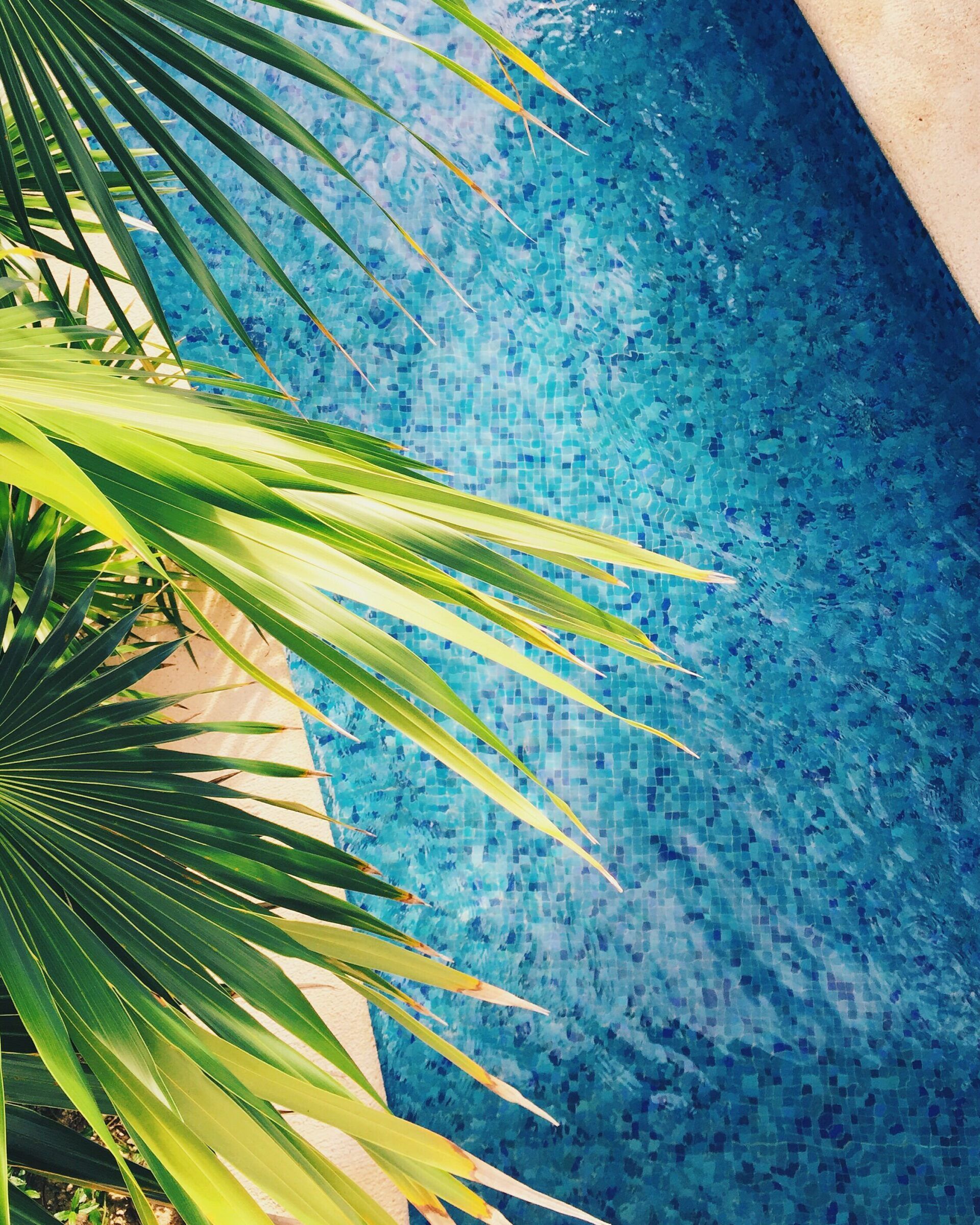PURESWIM SALTWATER POOLS & CONVERSIONS GLENDALE, ARIZONA
Affordable & RELIABLE Saltwater CHLORINATION Conversion Services in GLENDALE, AZ
We are located out of Glendale and love to call the city our home base. It's a beautiful place to live and run a business. One of the most pleasurable aspects of the city is its warm climate, and we know the importance of swimming pools to keeping cool. But we don't think that anyone should have to sacrifice health in order to go swimming and we believe in the healthy, purifying, and environmentally conscious aspects of natural saltwater chlorination.
We are Glendale's premier saltwater pool conversion company and would love to give you a free quote to see if you would like to enlist our services in converting your pool and enjoying the wonders of saltwater.
Click
here
to learn about all the benefits of natural saltwater chlorination for your pool.

GLENDALE SALTWATER POOL EXPERTS
In traditional swimming pools, the chlorine content is derived from synthetic chemicals. The notorious chlorine smell and skin/eye irritation associated with chlorinated pools stem from what are known as chloramines. In contrast, saltwater pools utilize electrolysis in their generators to consistently produce natural chlorine, which greatly reduces if not altogether eliminates chloramines.
Like their chlorinated counterparts, saltwater pools still do require some maintenance and monitoring to maintain optimal water chemistry. Mostly, you will simply need to maintain optimal salt levels keeping in mind factors such as sun exposure, splash-out, backwashing, and dilution from rainwater.
Saltwater pools prove to be a smart, cost-effective choice in the long run, merging a healthy swimming environment with eco-conscious living. Let our experts guide you into the realm of worry-free aquatic bliss. Contact us today for a free estimate and take the plunge into a world where every pool session is rejuvenating and free from the smells and irritations of traditional pools.
OUR SERVICES
We offer conversion of your existing pool into a saltwater pool. We also provide services for monthly and seasonal maintenance.
SERVING ALL GLENDALE FOR SALTWATER POOL CONVERSIONS
PureSwim provides saltwater pool conversion services for our clients in Glendale, AZ. We serve many areas including these Glendale zip codes: 85301, 85302, 85303, 85304, 85305, 85306, 85307, 85308, 85309, 85310, 85311, 85312, 85318, 85345, 85355, 85381, 85382, 85383, 85385
GET A FREE QUOTE
CONTACT US
PureSwim Saltwater Pools & Conversions
Location: Glendale, Arizona
Phone: 623-321-2141
Email: info@pureswimpools.com
Service Areas:
- Glendale
- Phoenix
- Scottsdale
- Tempe
- Mesa
- Gilbert
OUR SERVICE AREA LOCATIONS
List of Services
-
Glendale Write a description for this list item and include information that will interest site visitors. For example, you may want to describe a team member's experience, what makes a product special, or a unique service that you offer.
List Item 1 -
Phoenix Write a description for this list item and include information that will interest site visitors. For example, you may want to describe a team member's experience, what makes a product special, or a unique service that you offer.
List Item 2 -
Scottsdale Write a description for this list item and include information that will interest site visitors. For example, you may want to describe a team member's experience, what makes a product special, or a unique service that you offer.
List Item 3 -
Tempe Write a description for this list item and include information that will interest site visitors. For example, you may want to describe a team member's experience, what makes a product special, or a unique service that you offer.
List Item 4 -
Mesa Write a description for this list item and include information that will interest site visitors. For example, you may want to describe a team member's experience, what makes a product special, or a unique service that you offer.
-
Gilbert Write a description for this list item and include information that will interest site visitors. For example, you may want to describe a team member's experience, what makes a product special, or a unique service that you offer.
